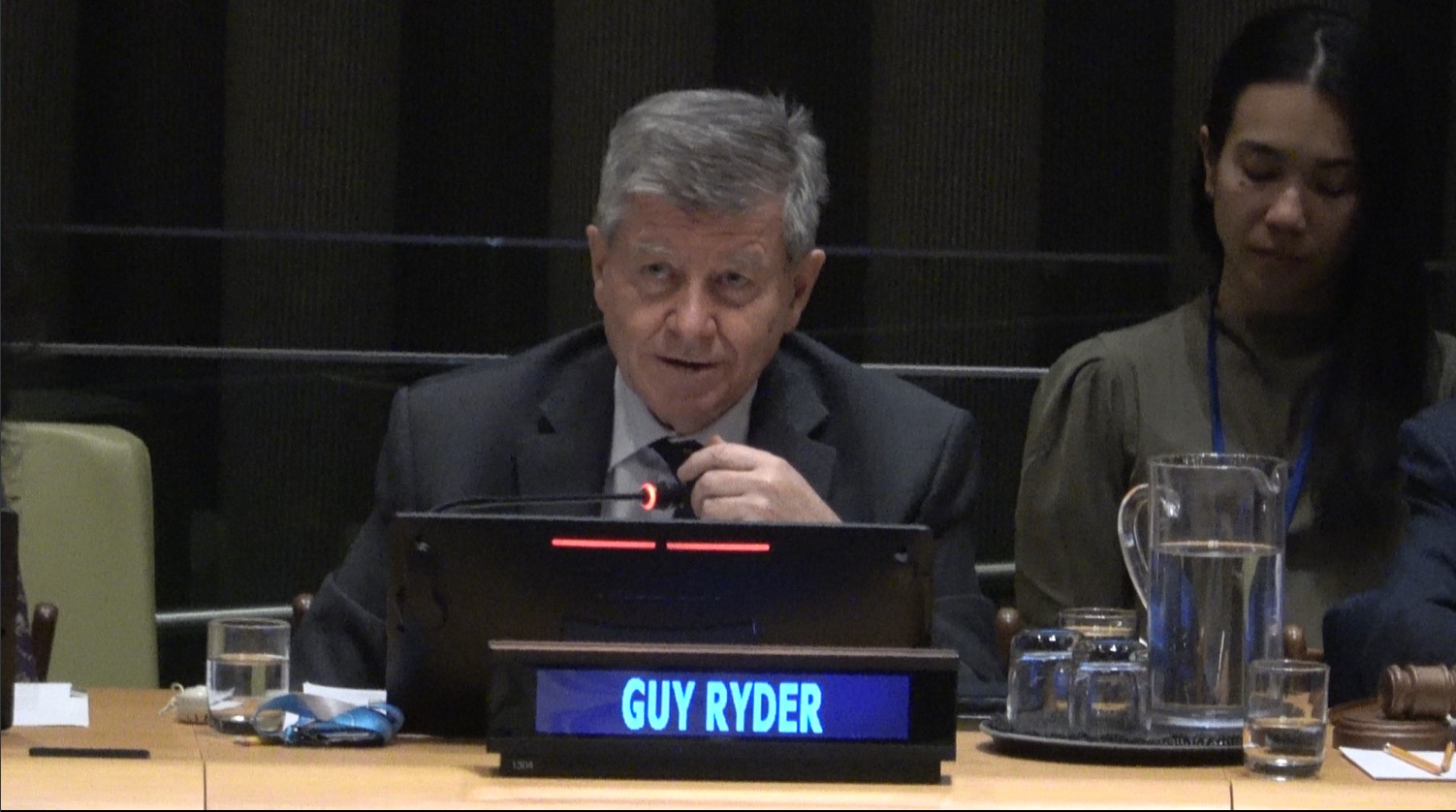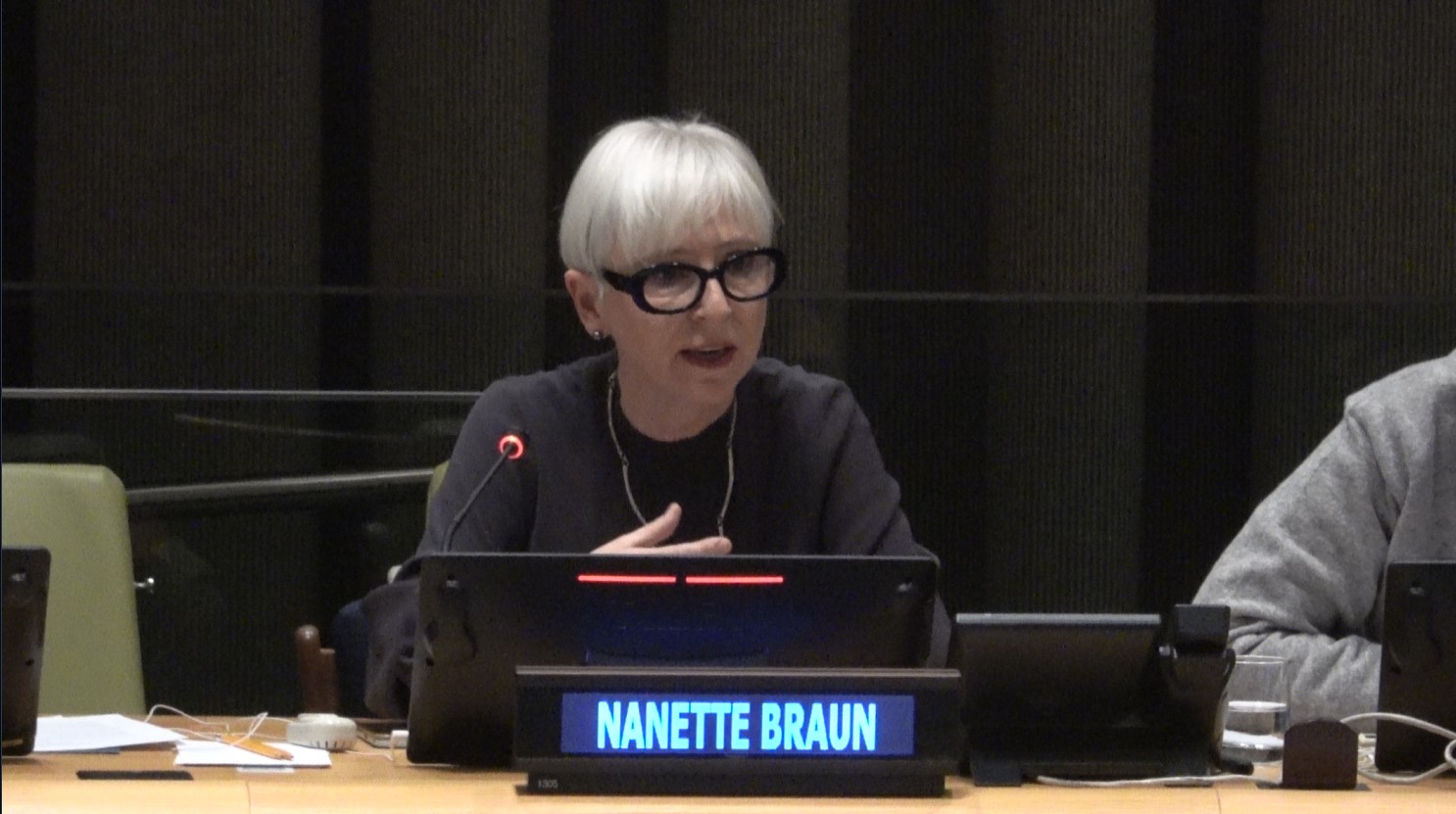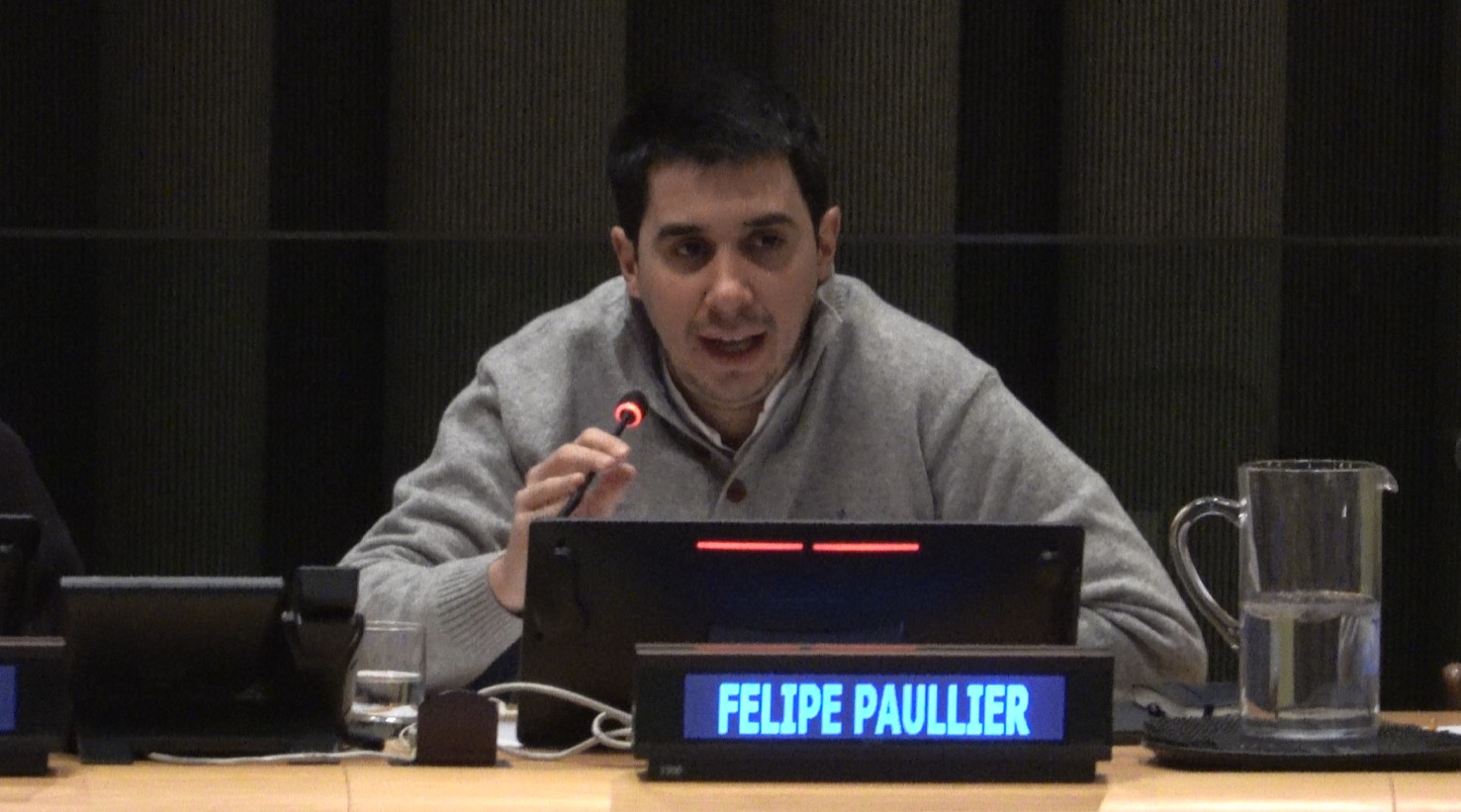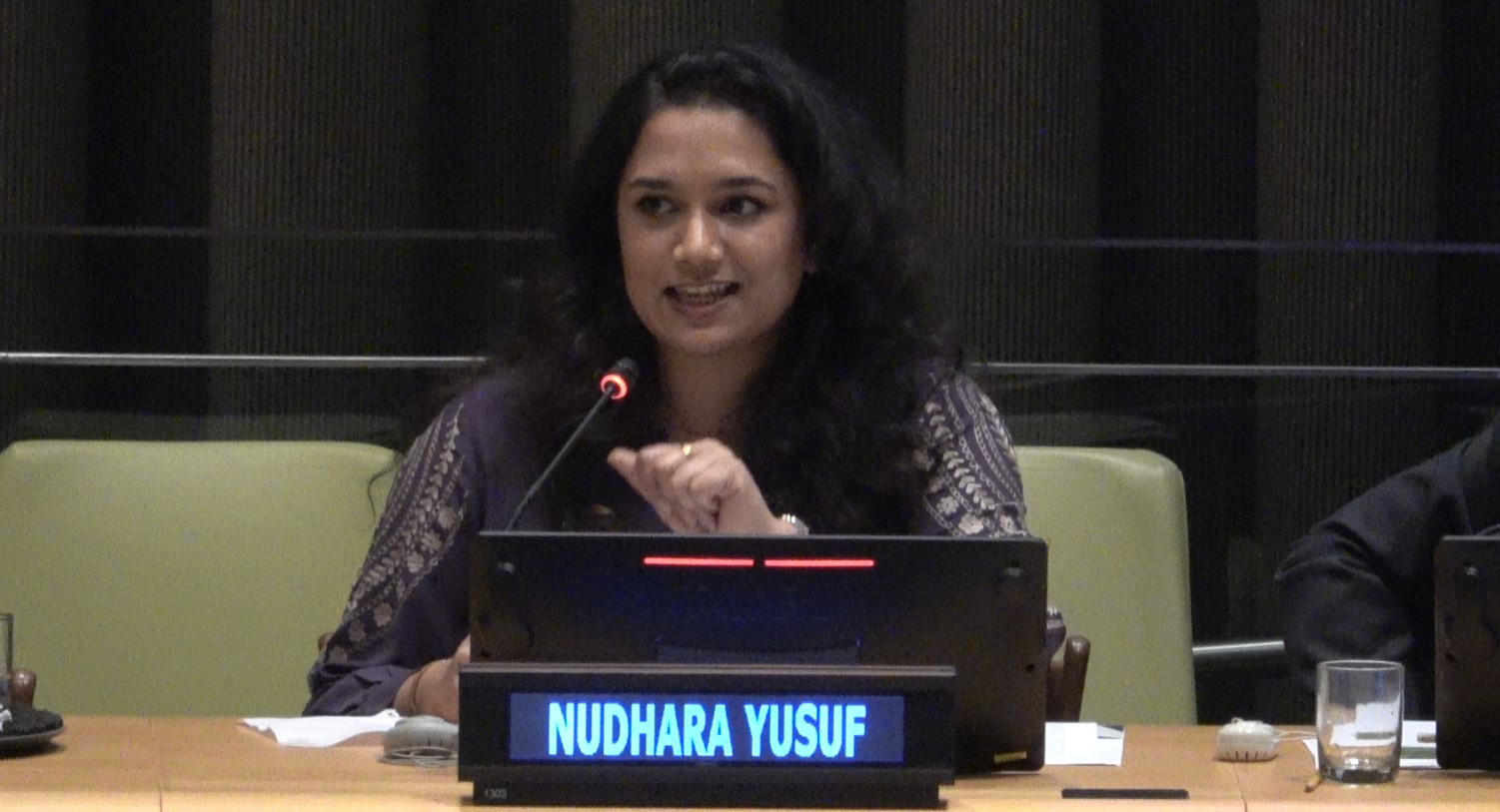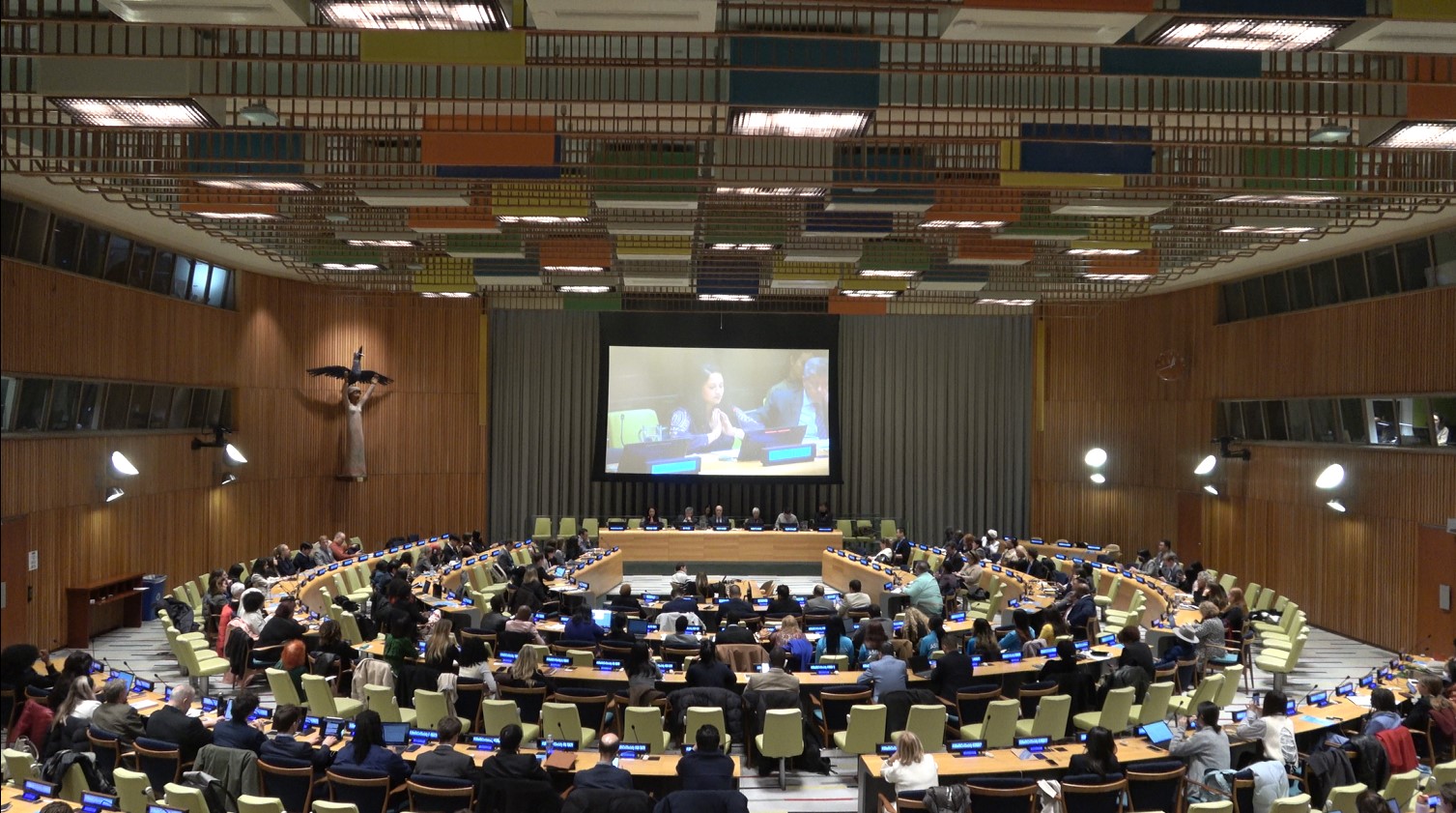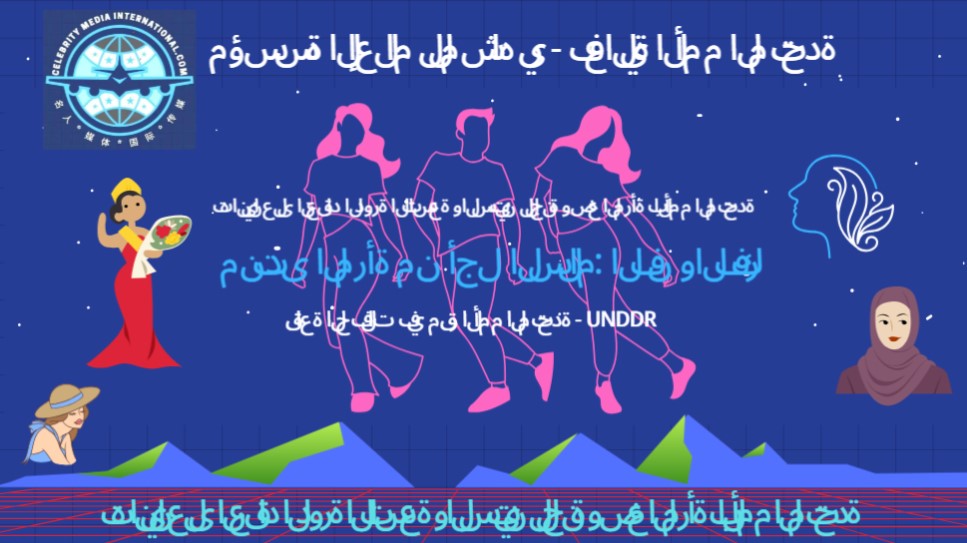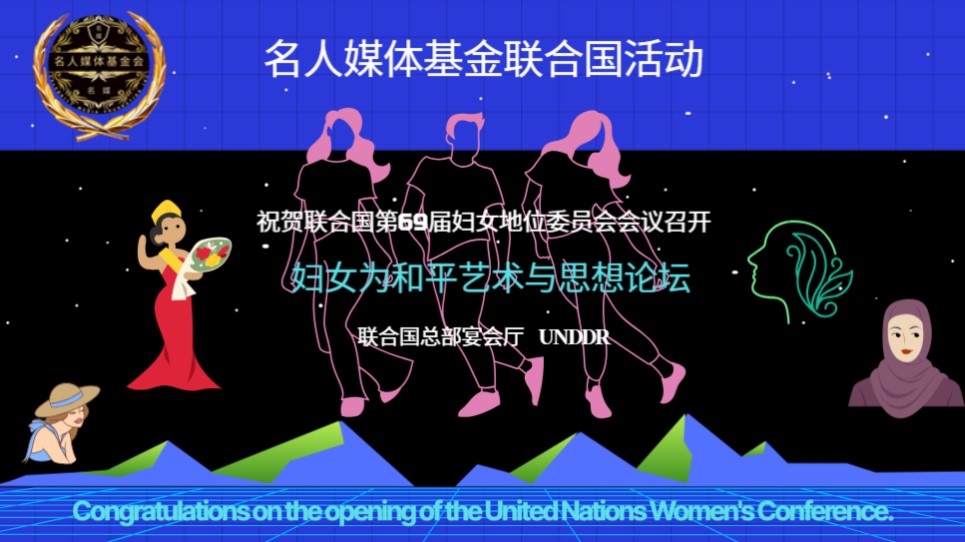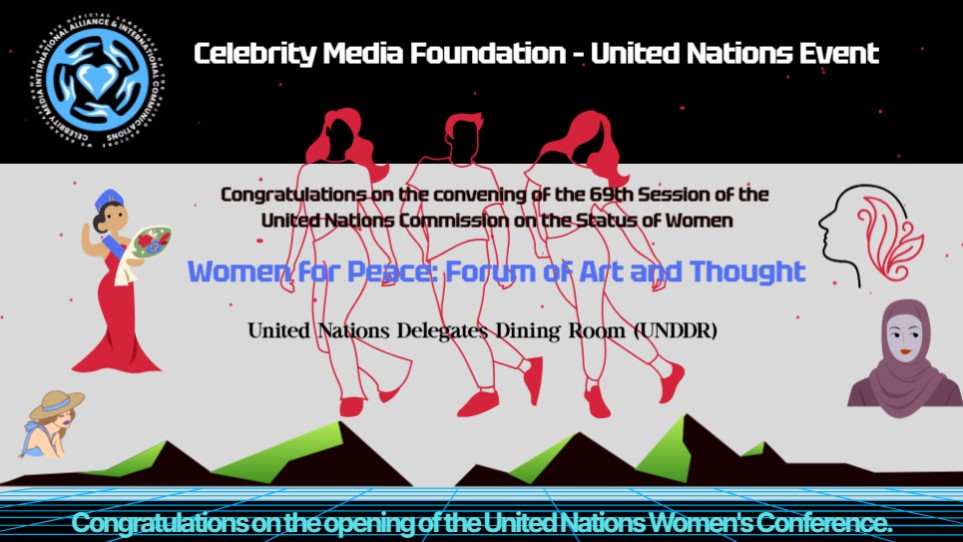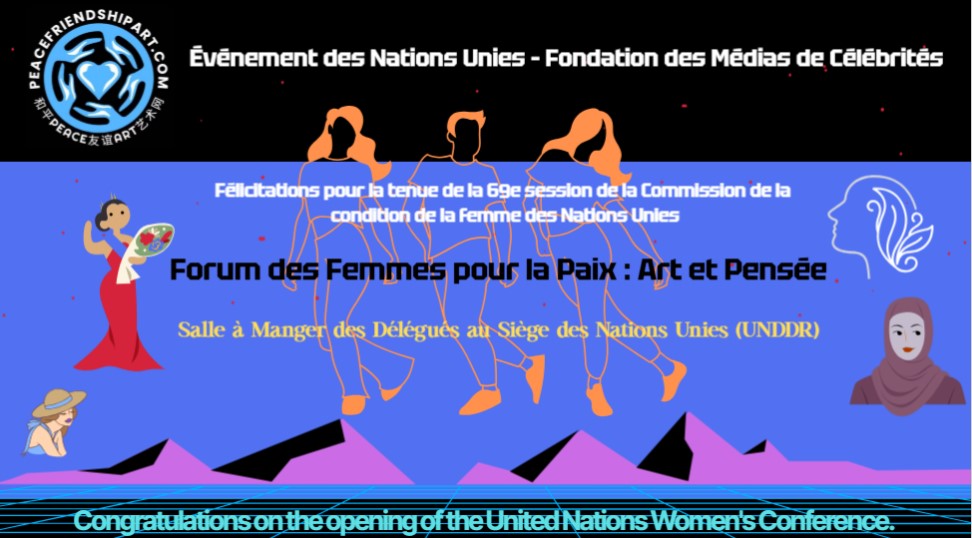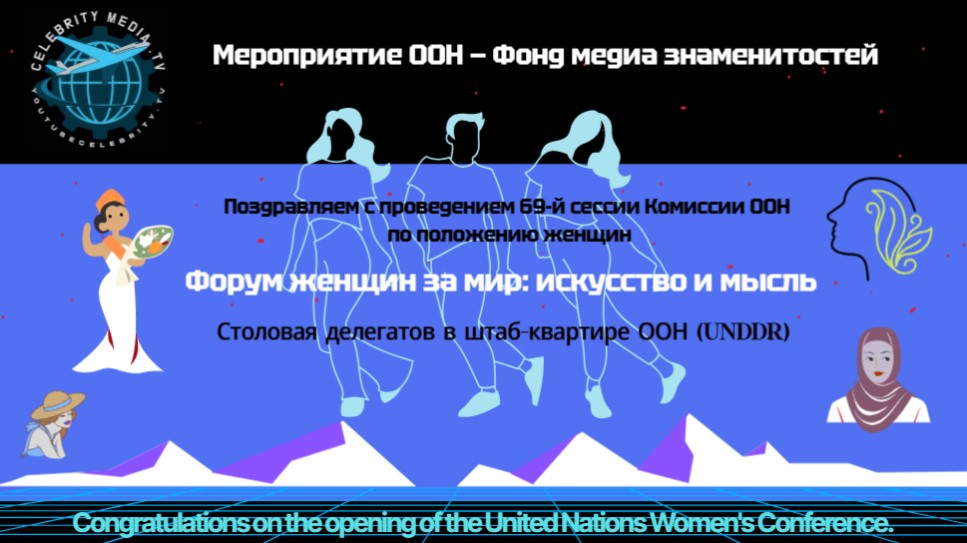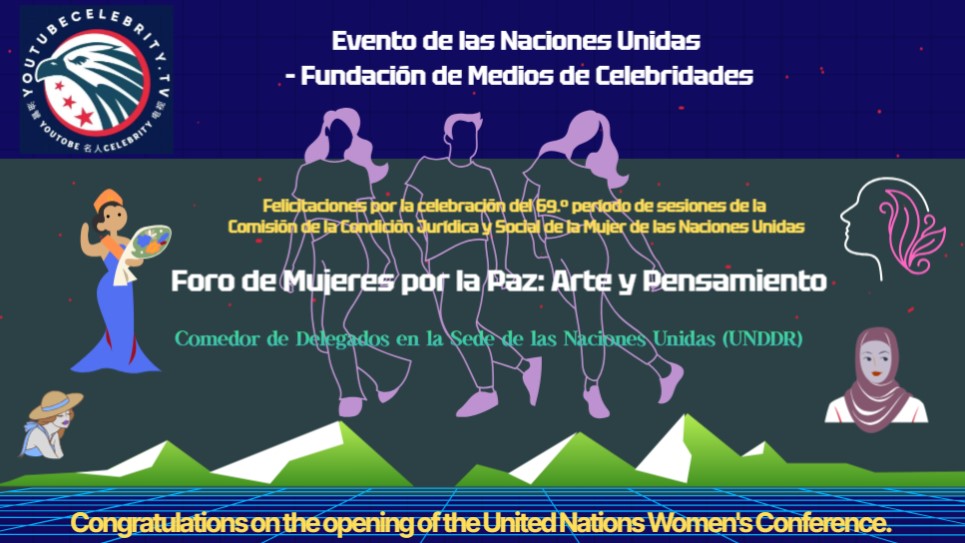Celebrity Media Commentator: Yesterday, a meeting hosted by Maher Nasser, Director of the Civil Society Outreach Division of the United Nations Department of Global Communications, officially began at 11:00 AM. UN General Assembly President Philemon Yang and his Chief of Staff attended the meeting, engaging in dialogue and answering questions from representatives worldwide, including those from Arab regions, to discuss ways to advance the implementation of the Pact for the Future. Civil society organizations, faith-based groups, and youth leaders actively participated in the discussions on key global challenges and future development.
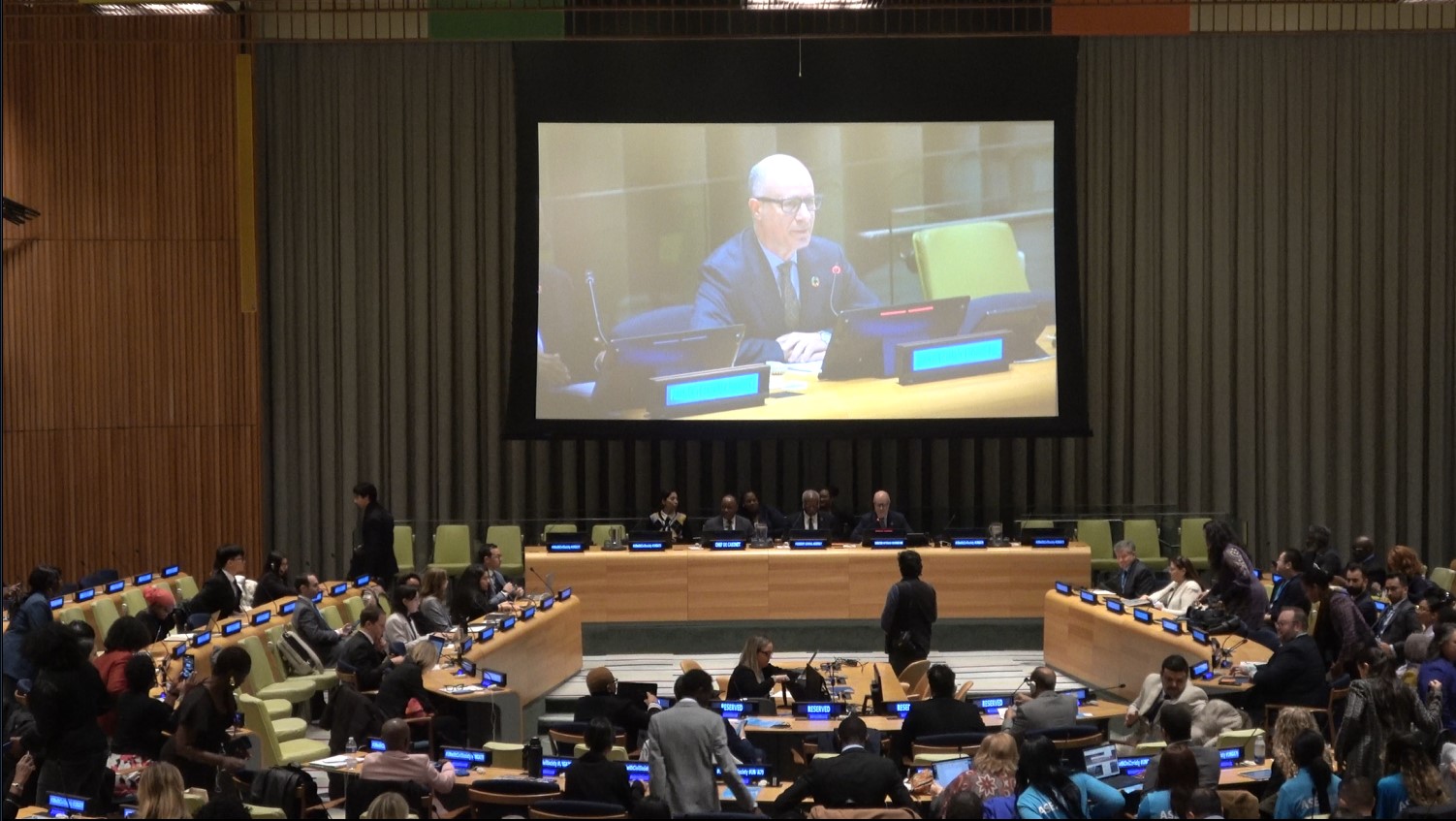
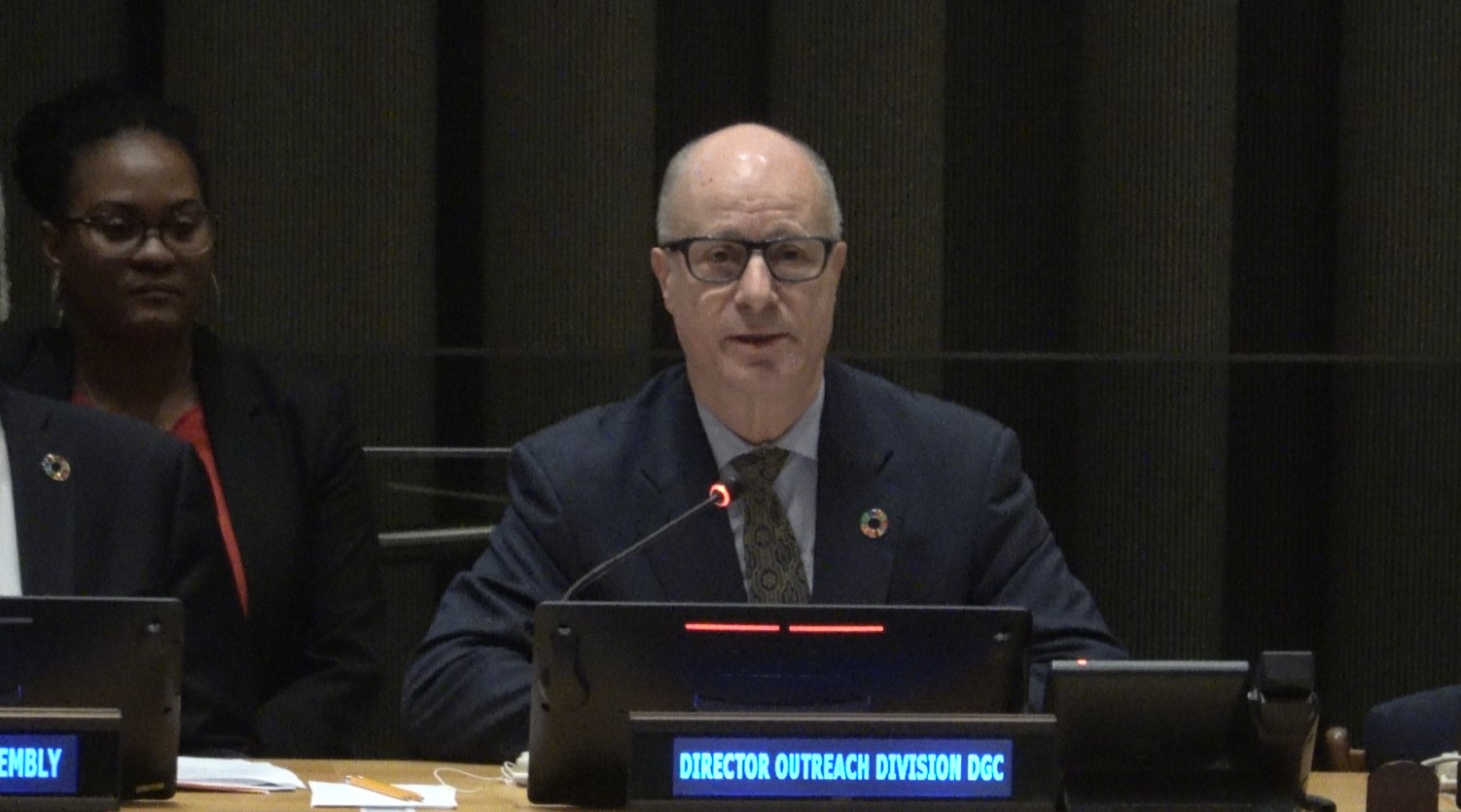
Choose horizontal or vertical to see different effects
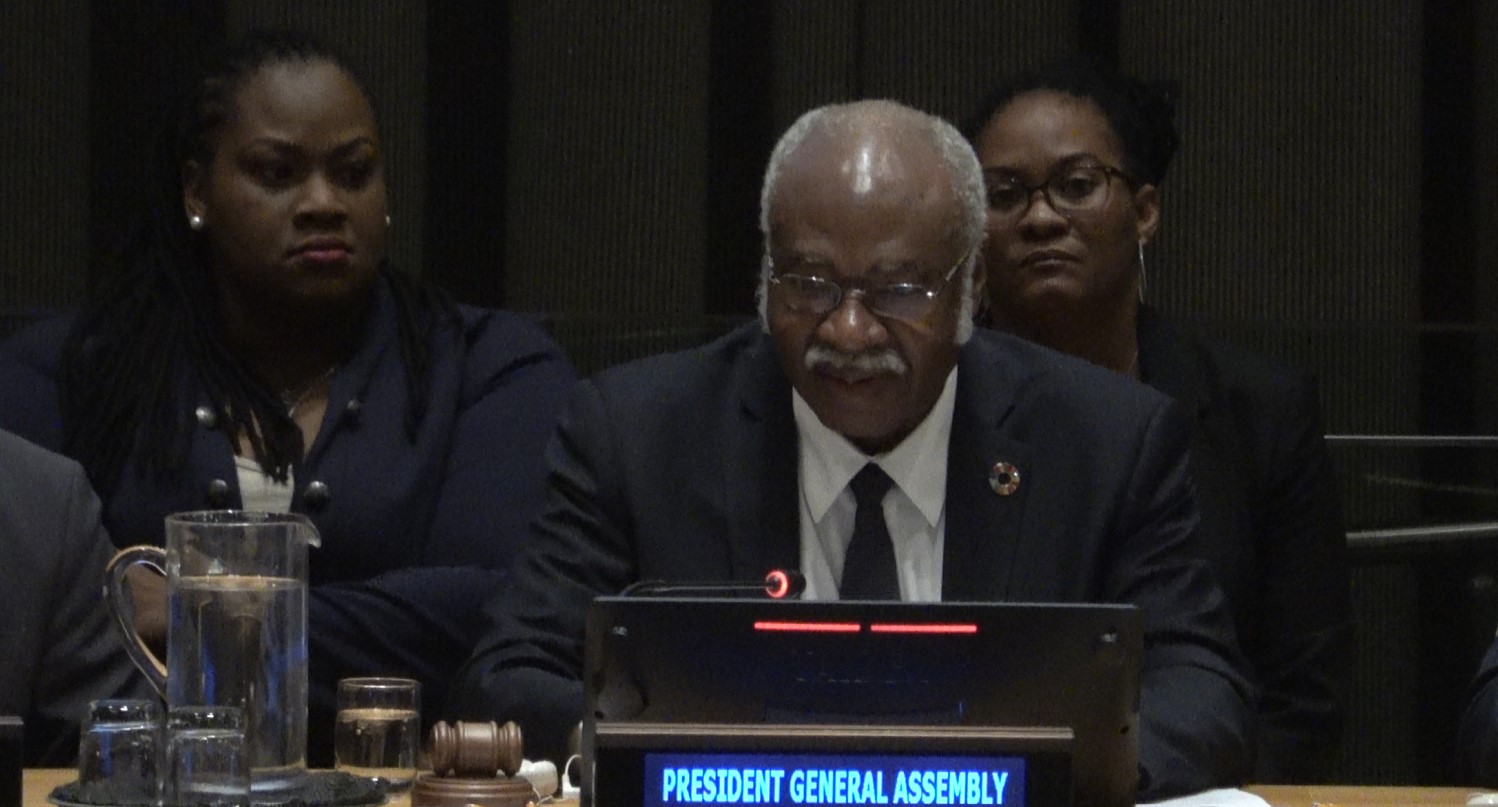
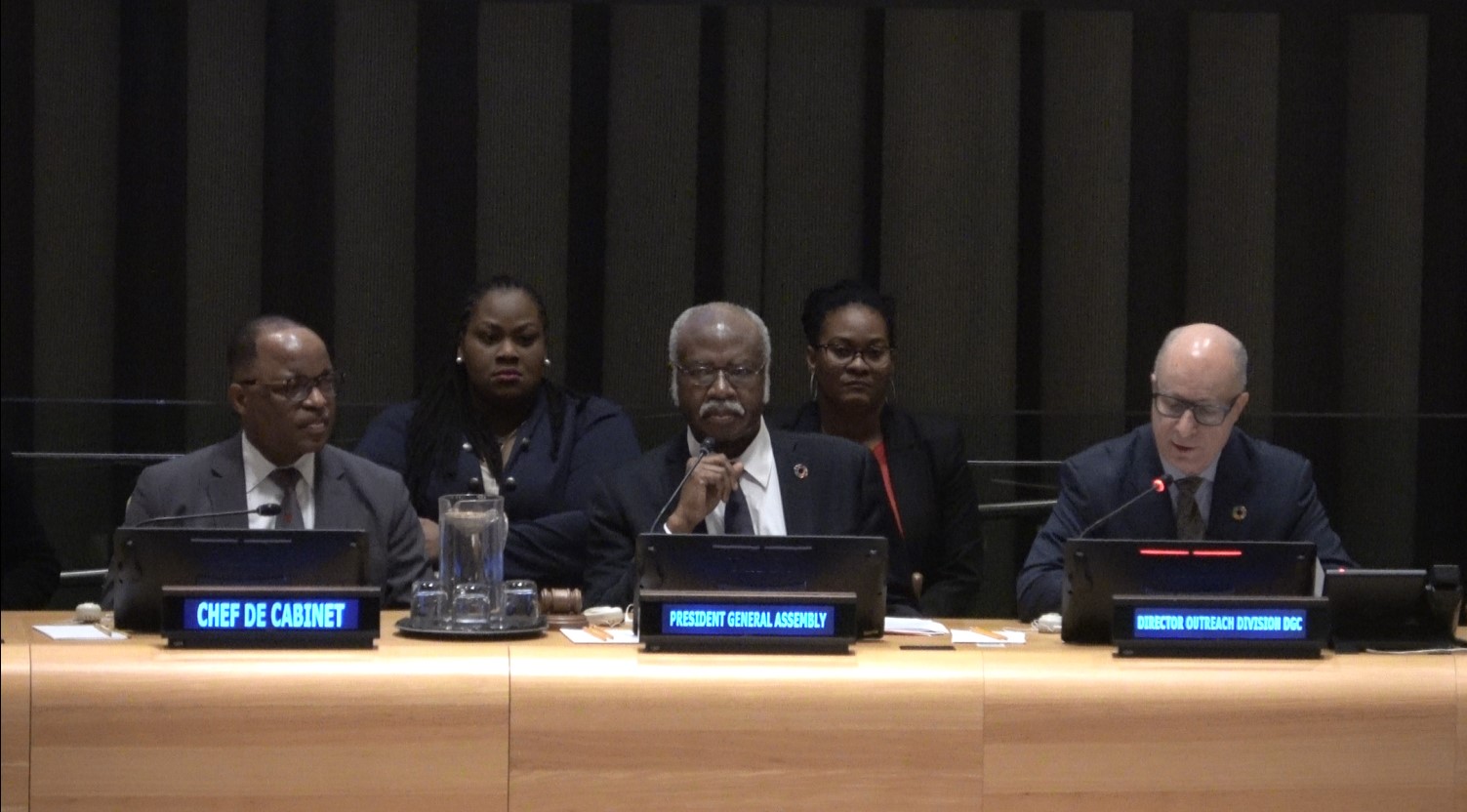
The Key Role of Civil Society During the meeting, UNGA President Philemon Yang reaffirmed his commitment to collaboration with civil society, recognizing its indispensable role in promoting peace, human rights, and sustainable development. Civil society organizations, particularly faith-based groups, foster solidarity and trust through interfaith dialogue, emphasizing shared values such as justice, nonviolence, and reconciliation. These efforts serve as essential bridges between nations. Yang’s remarks underscored the unique role of civil society in advancing the UN agenda, especially in today’s world, where uncertainties continue to grow. Civil society’s engagement is more critical than ever in addressing global challenges.
Global Challenges and the Implementation of the Pact for the Future The meeting highlighted that the success of the Pact for the Future depends on the joint efforts of governments, international organizations, and civil society. The agreement aims to address major global issues, including debt crises, the digital divide, climate change, and social inequalities. However, progress remains slow, raising concerns about the mechanisms for accountability, inclusivity, and sustained implementation.
The 2030 Agenda for Sustainable Development promises to “leave no one behind,” but its implementation has faced setbacks due to economic slowdowns and worsening climate conditions. As a result, advancing the Pact for the Future and the Declaration for Future Generations has become an urgent priority to accelerate progress on sustainable development goals.
Youth Concerns and Nuclear Disarmament Youth representatives at the meeting expressed deep concern over UN Security Council reform. They argued that the current global security framework needs greater democracy and transparency to effectively address modern challenges. Nuclear disarmament was a particular focus, with youth leaders urging concrete steps to encourage more nations to join the Treaty on the Prohibition of Nuclear Weapons. They stressed that true global security cannot rely solely on military deterrence but must be built on diplomatic dialogue and international cooperation.
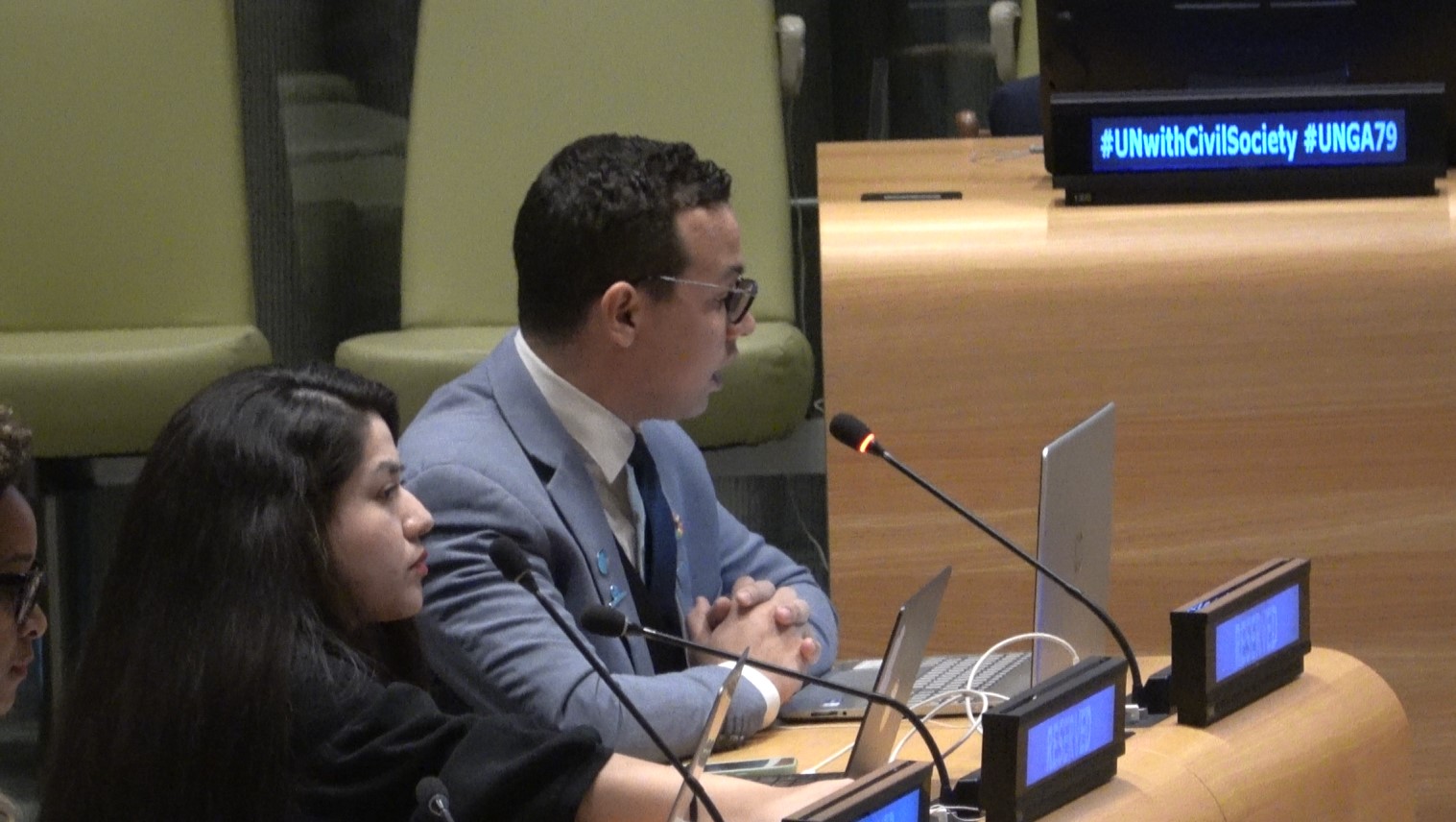
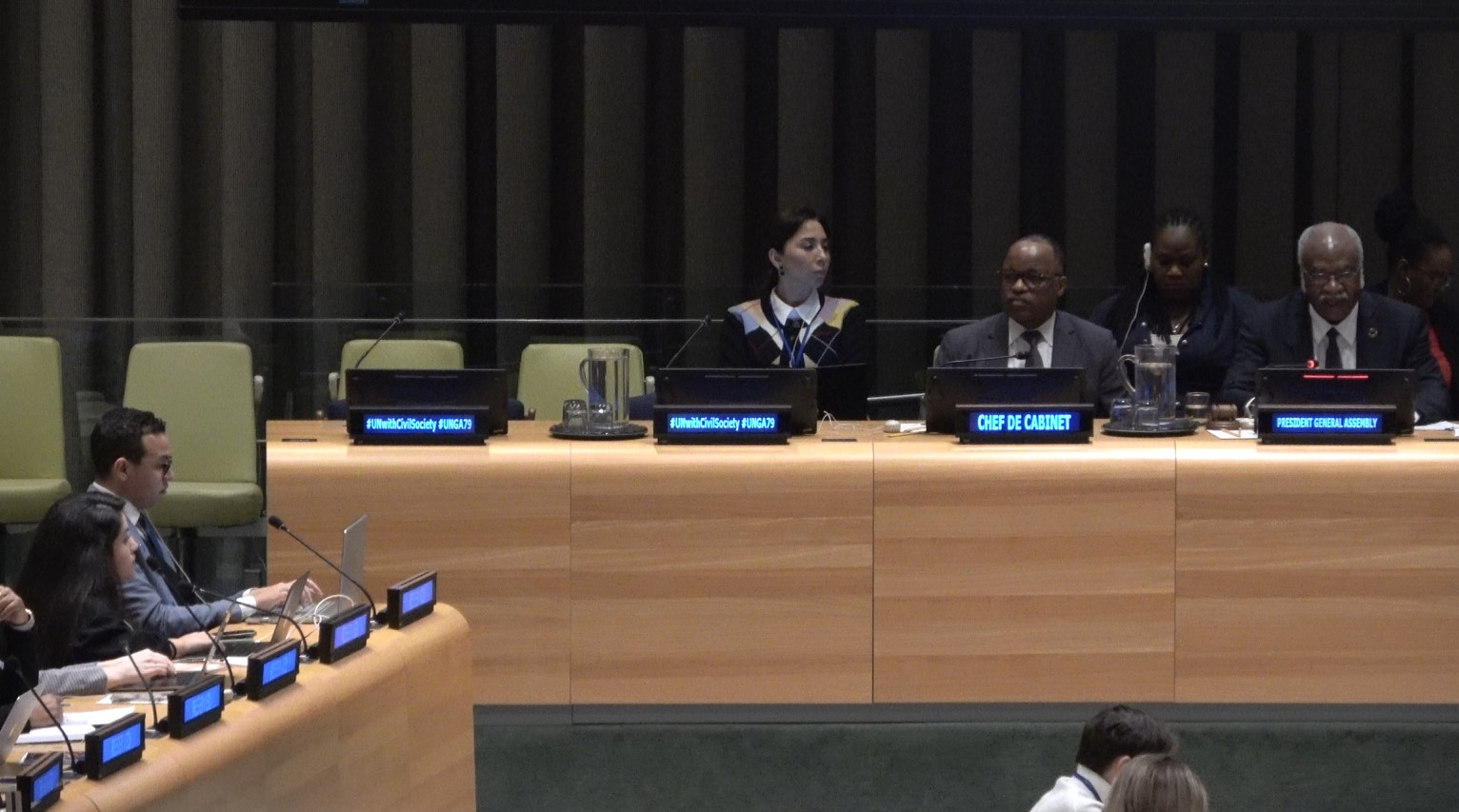
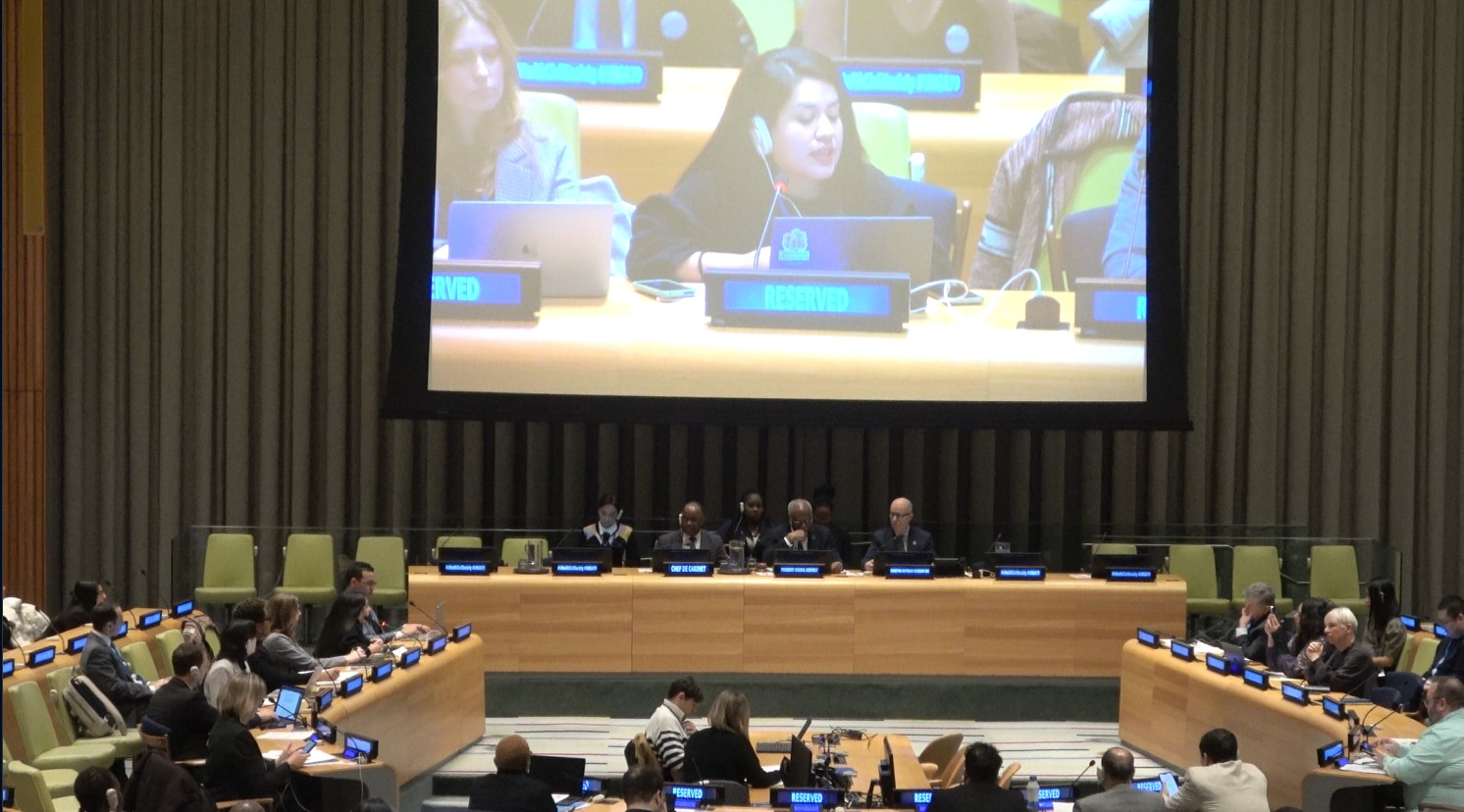
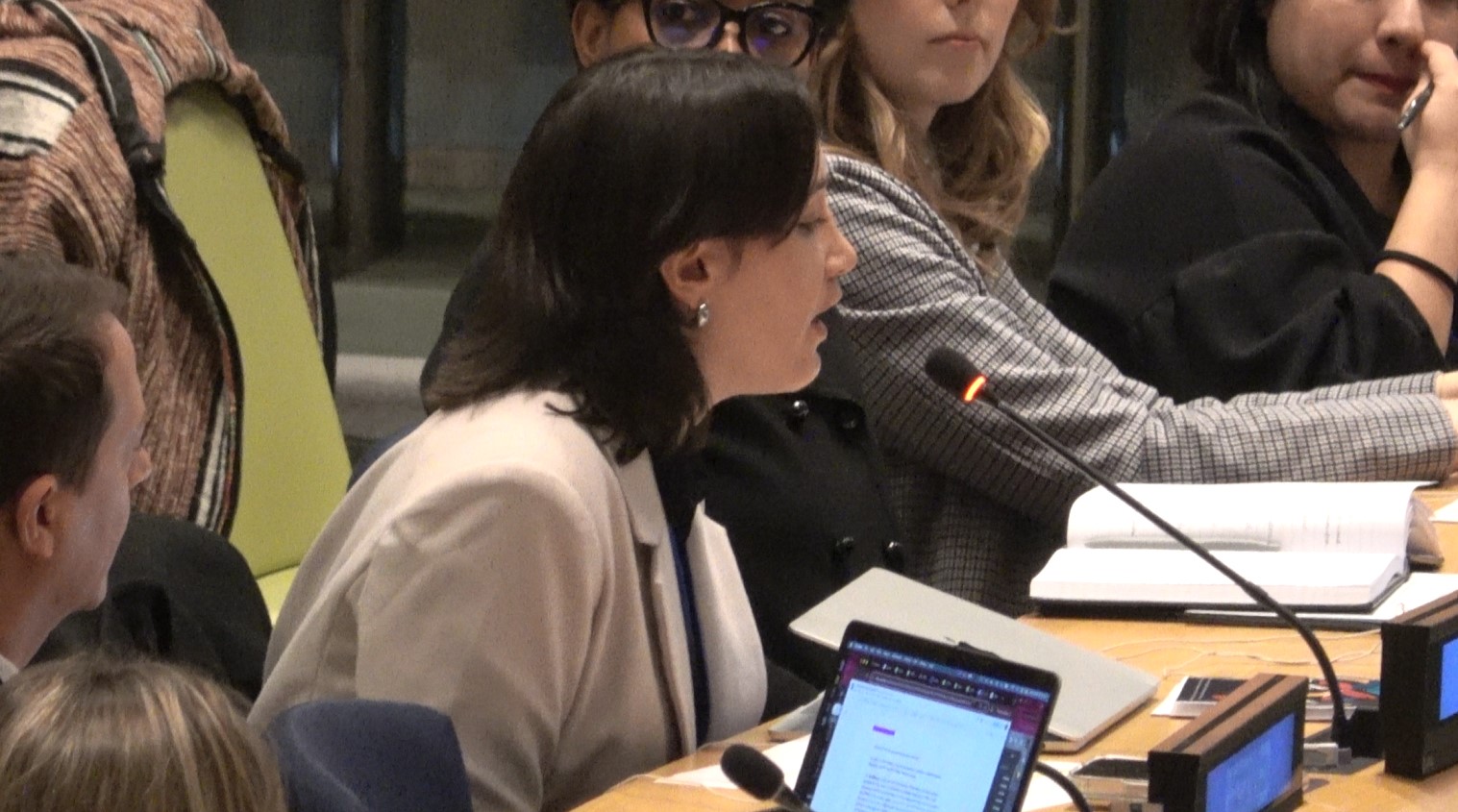
Future Vision: Cross-Sectoral Cooperation for Sustainable Development Looking ahead, the meeting reached a consensus that the future success of global governance depends on building strong cross-sectoral partnerships. All stakeholders must work together to tackle health inequities, climate change, and social justice issues to protect vulnerable populations. The discussion emphasized that the Pact for the Future should not be just a commitment on paper but a guiding framework for action, driving real progress through innovation and collaboration.
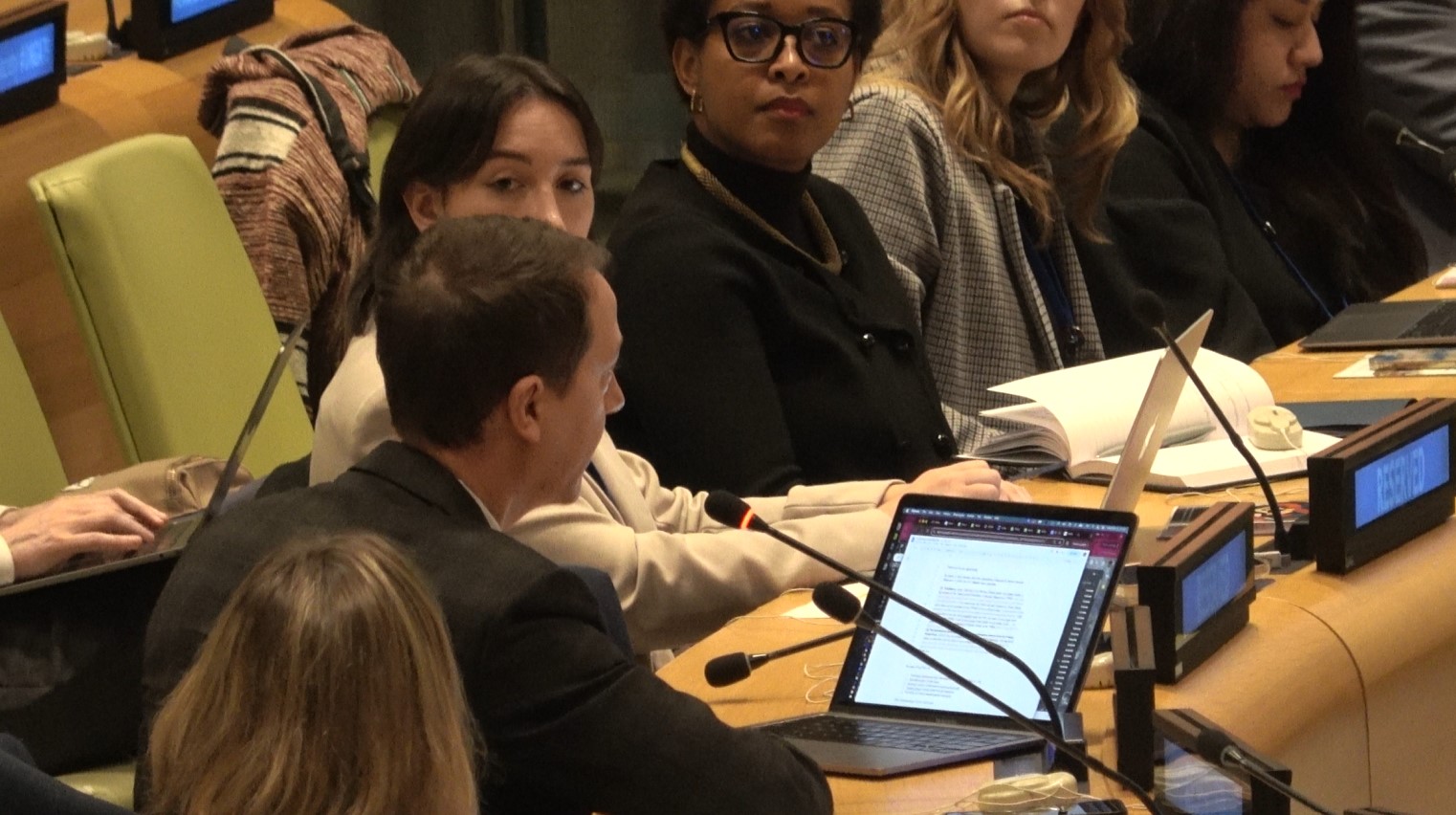
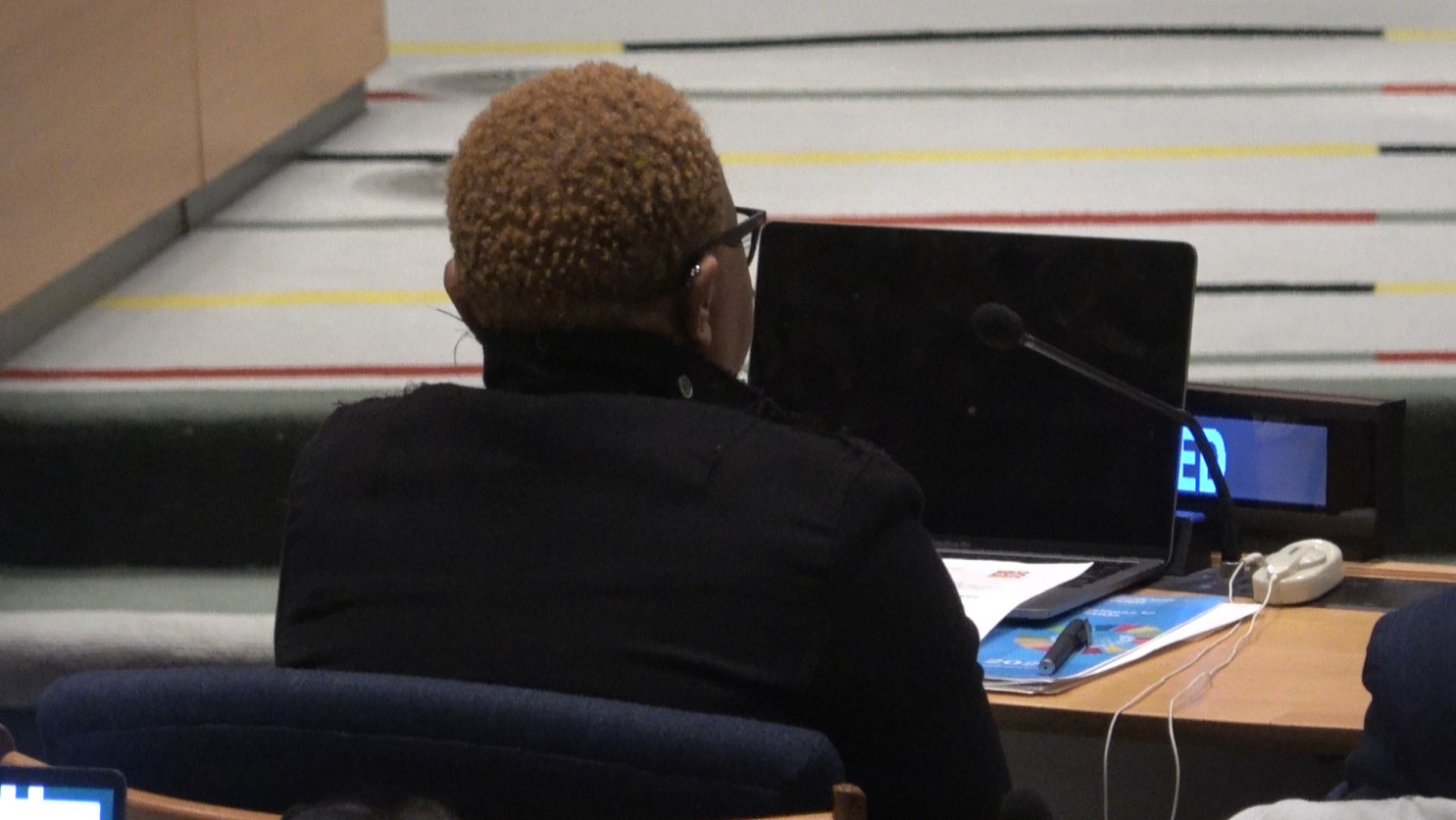
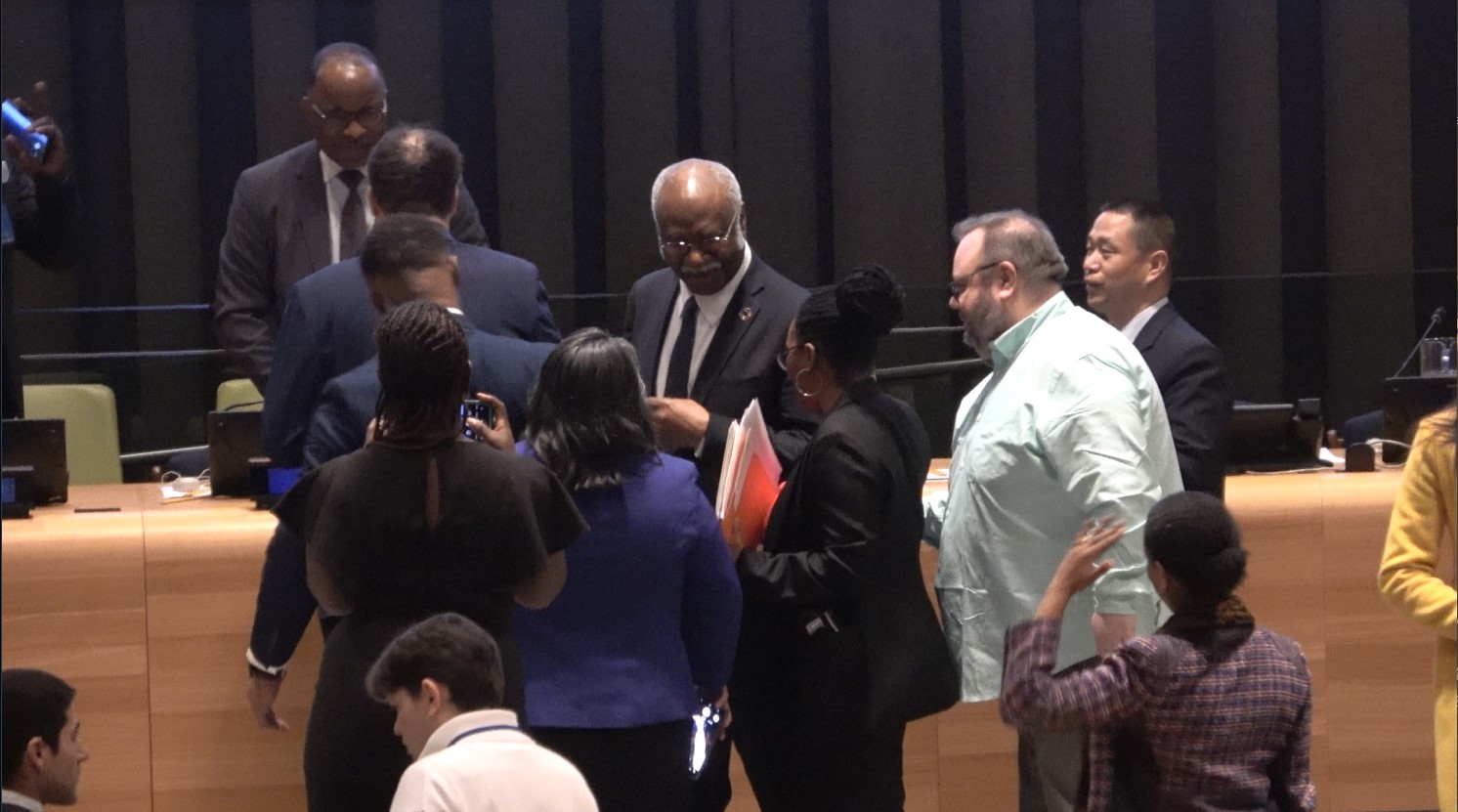
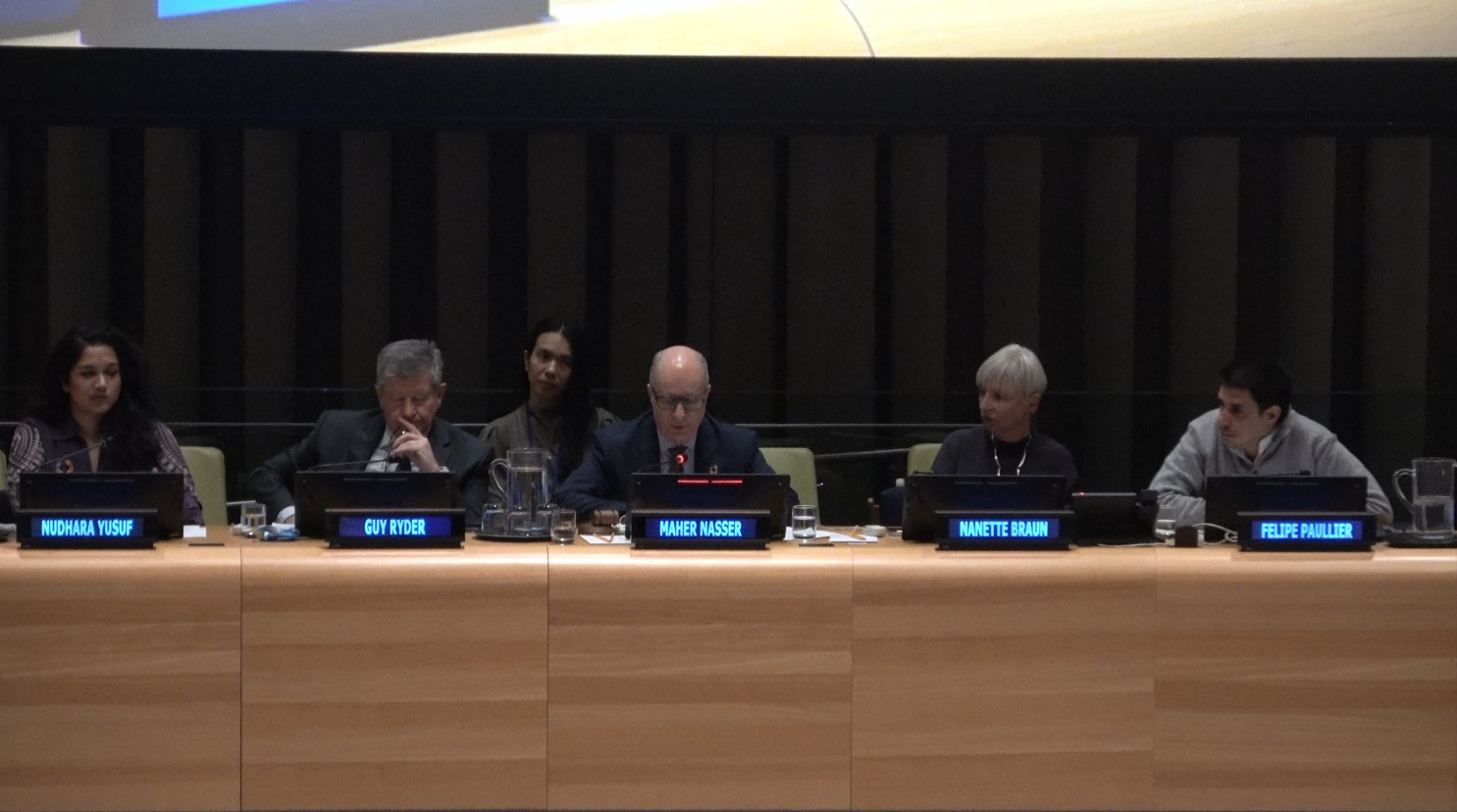
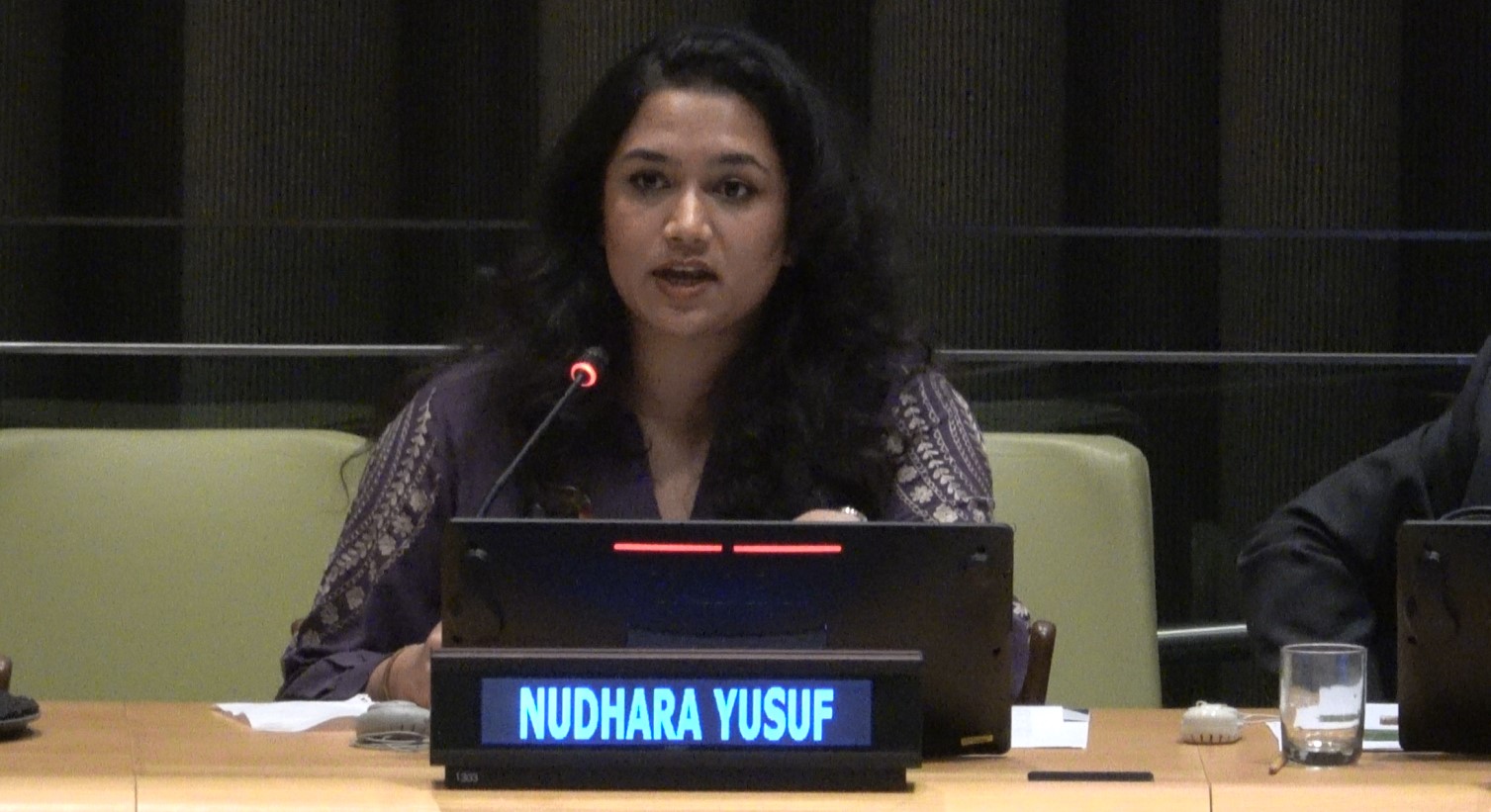
The Power of Civil Society Must Not Be Overlooked This meeting once again demonstrated that the UN’s role in global governance extends beyond intergovernmental dialogue—civil society organizations are equally crucial players in international cooperation. The implementation of the Pact for the Future requires political will from governments, but it also depends on continued advocacy and oversight from non-governmental organizations. The UN must fully leverage the wisdom and influence of civil society to ensure that global agendas truly benefit everyone.
Looking ahead, we hope to see more such dialogues and, more importantly, concrete actions that transform the Pact for the Future from a vision into reality.
